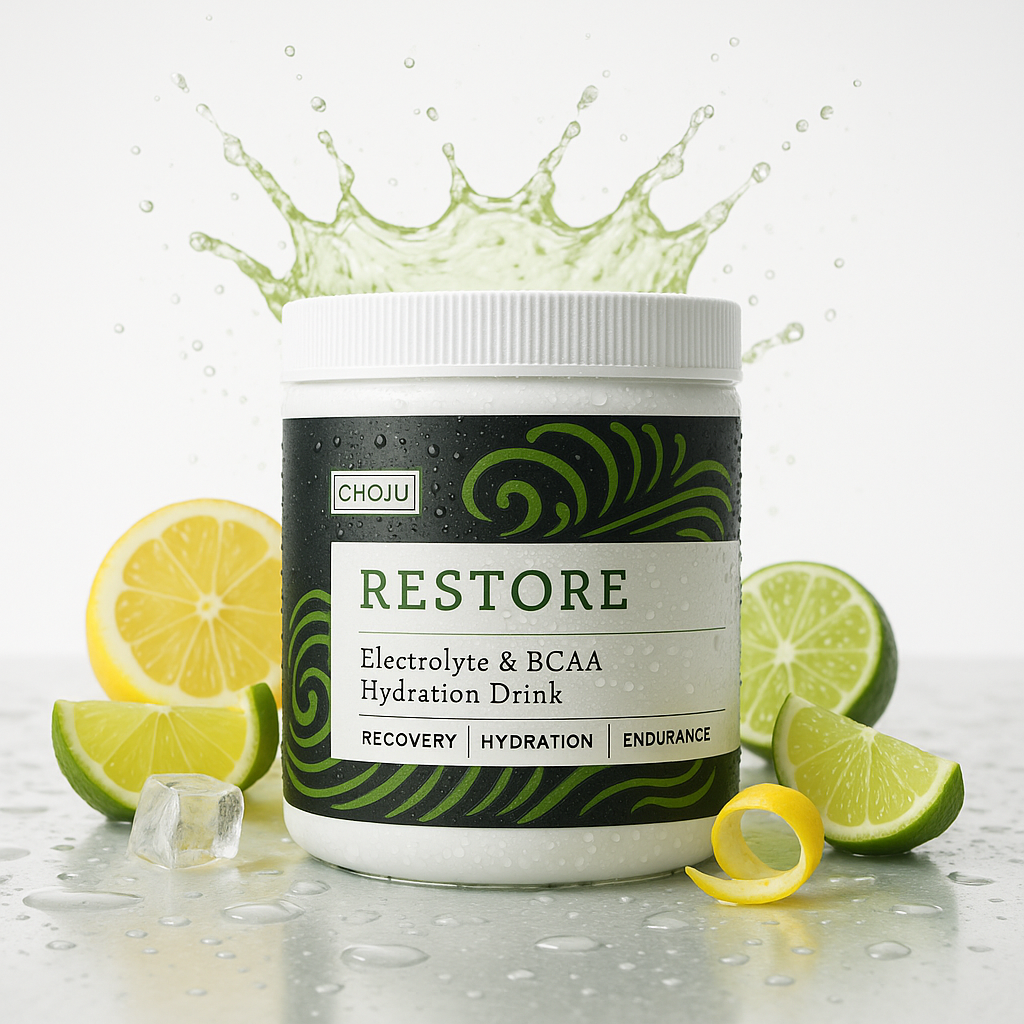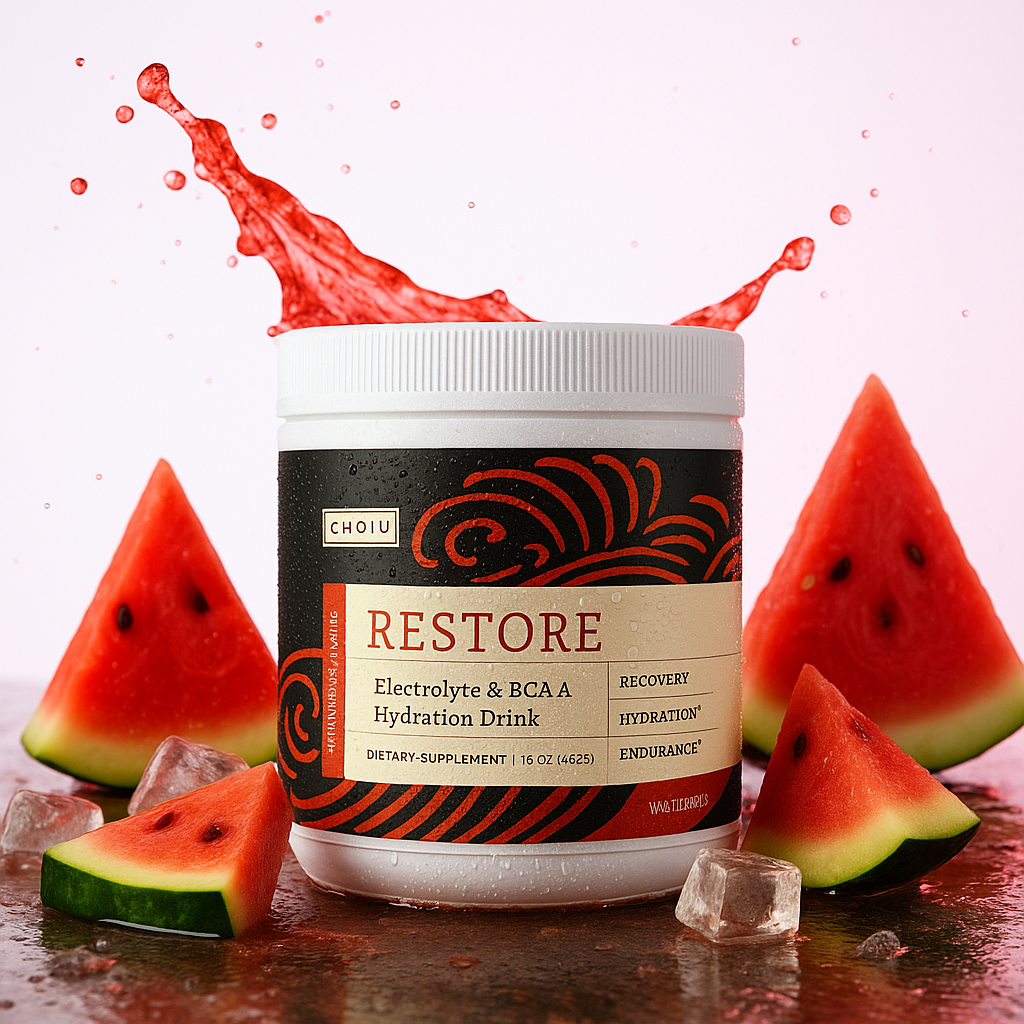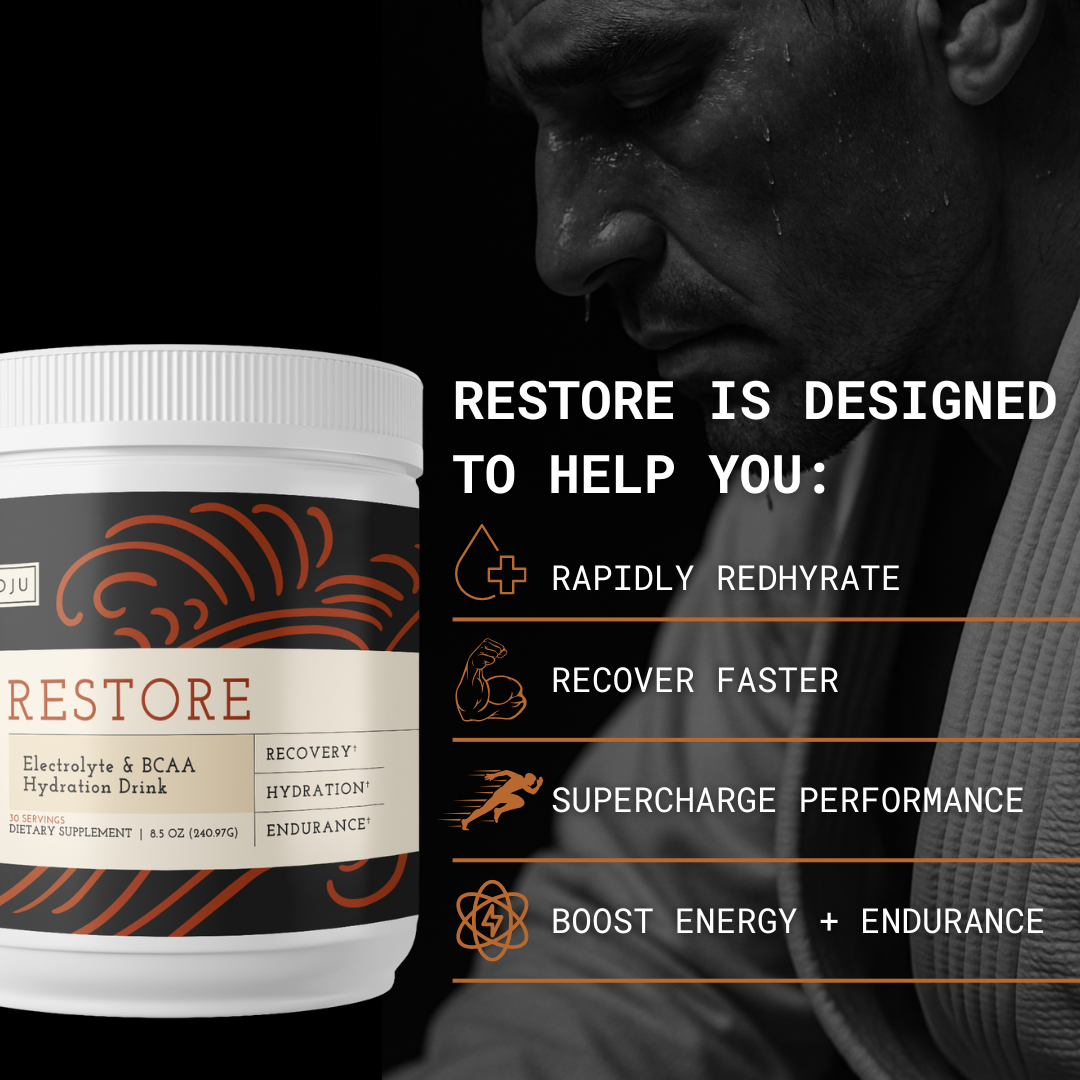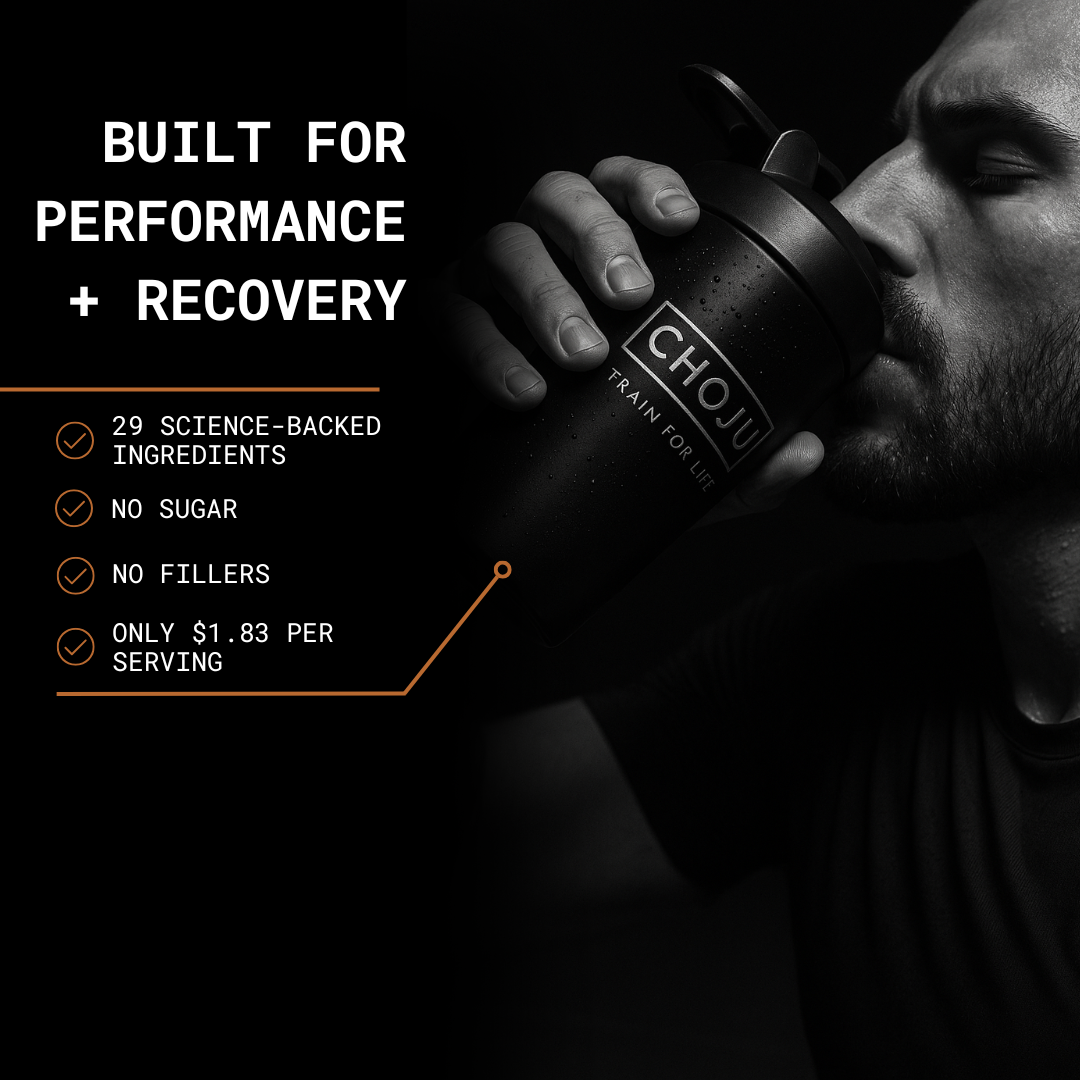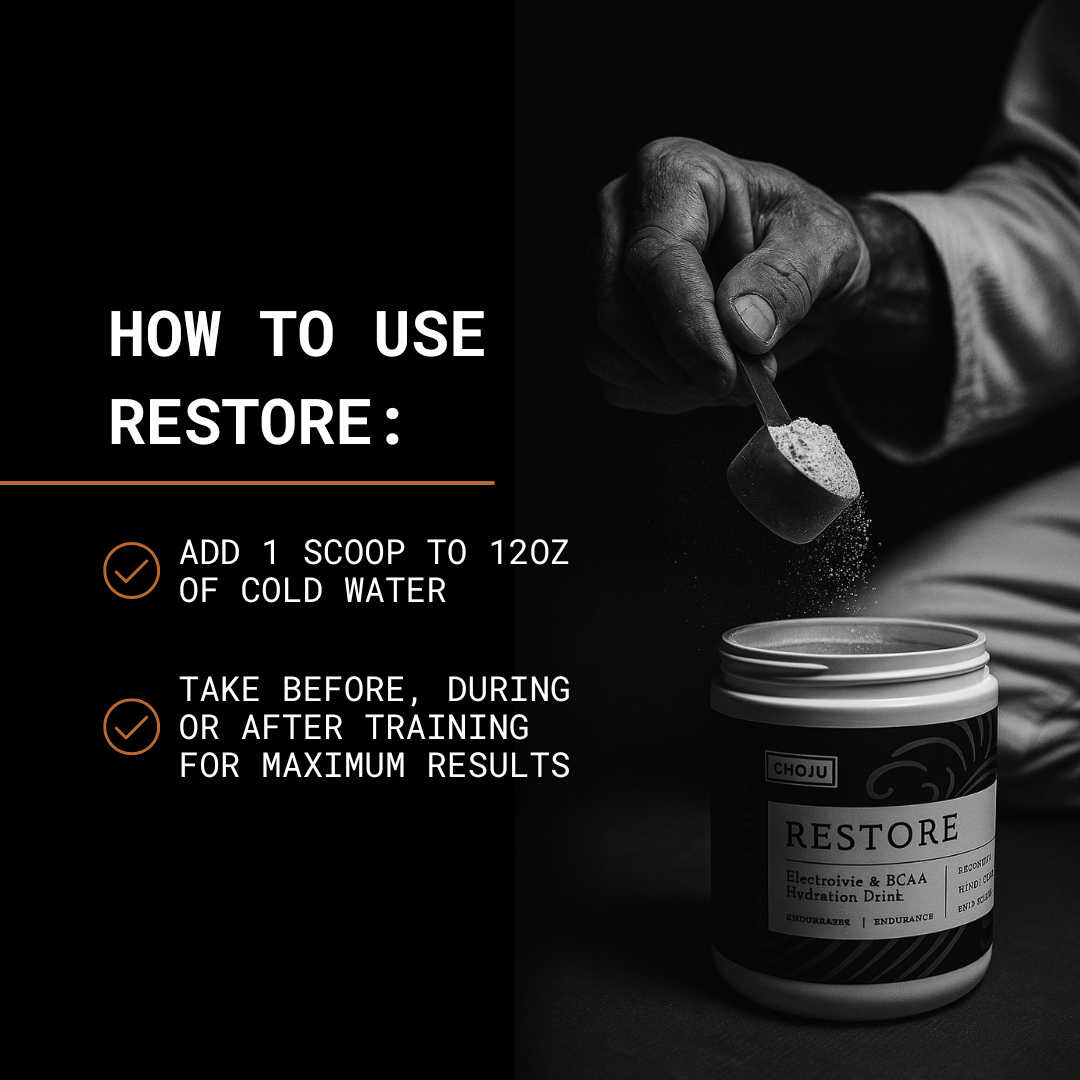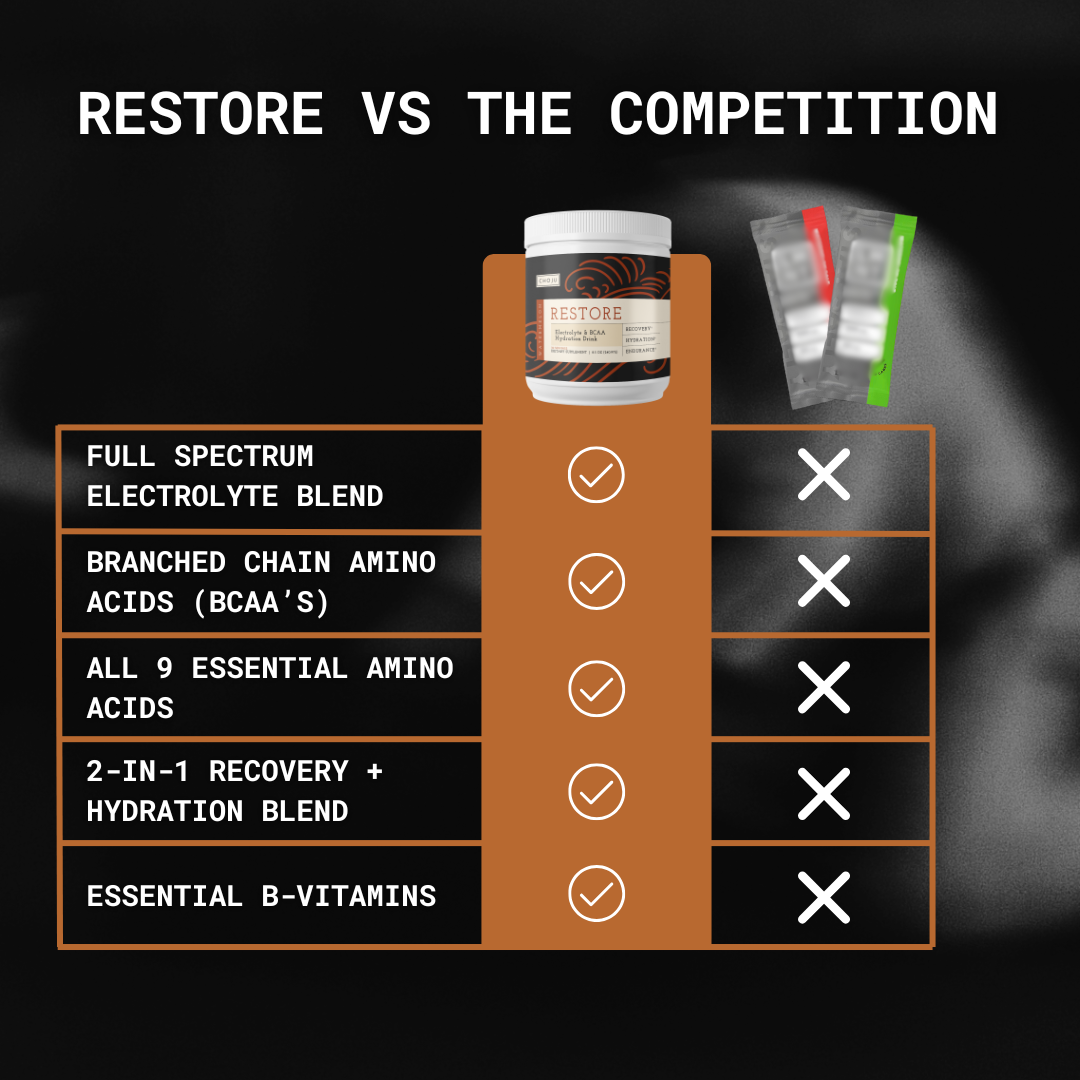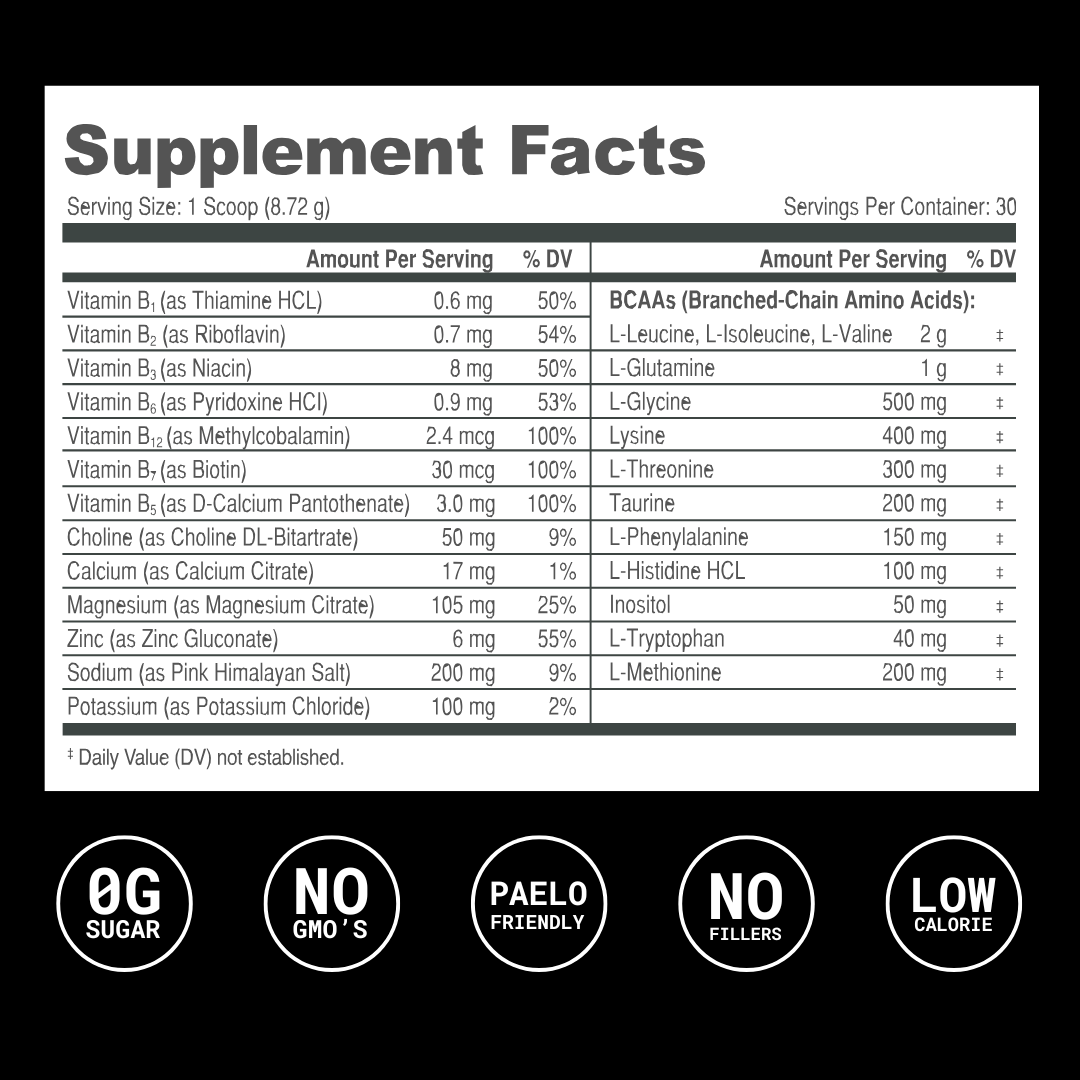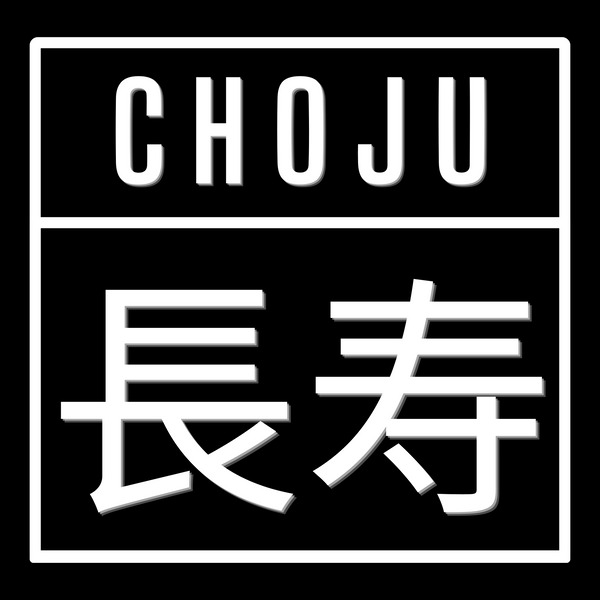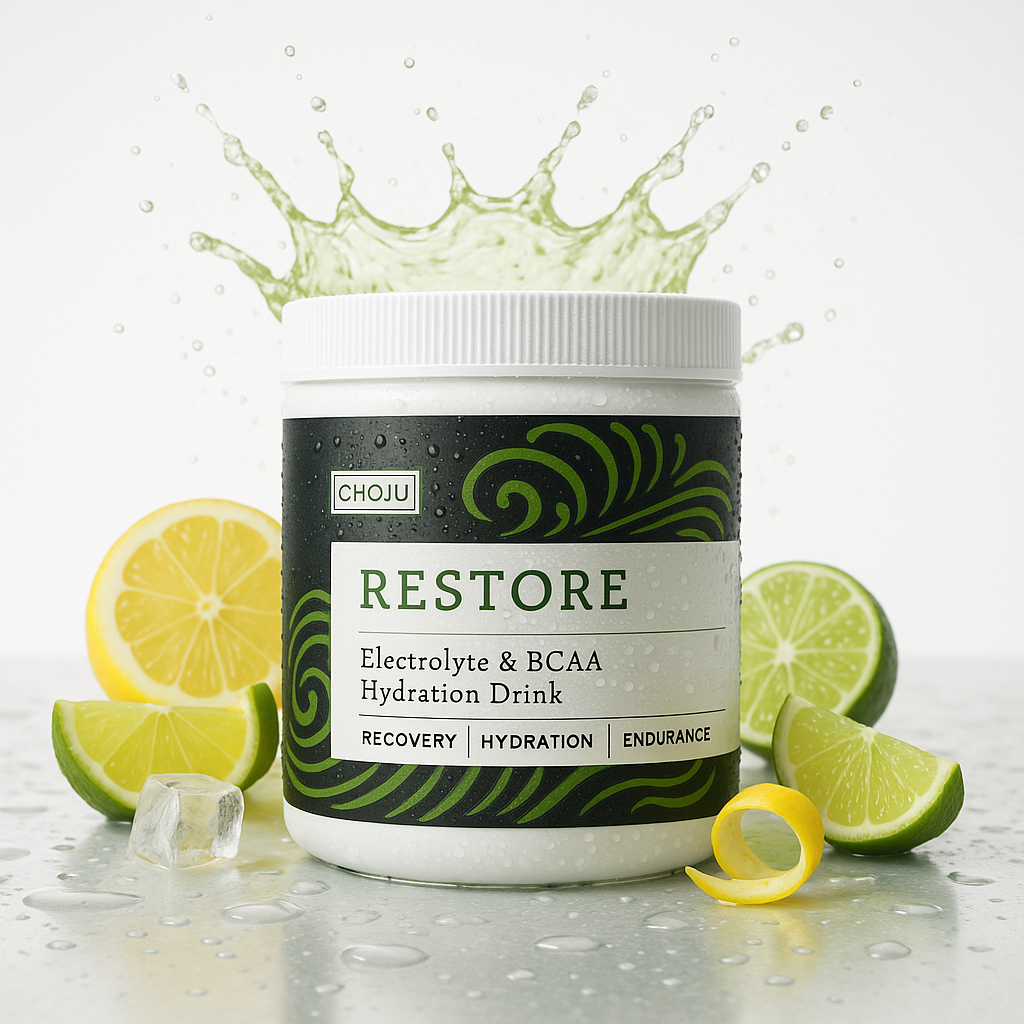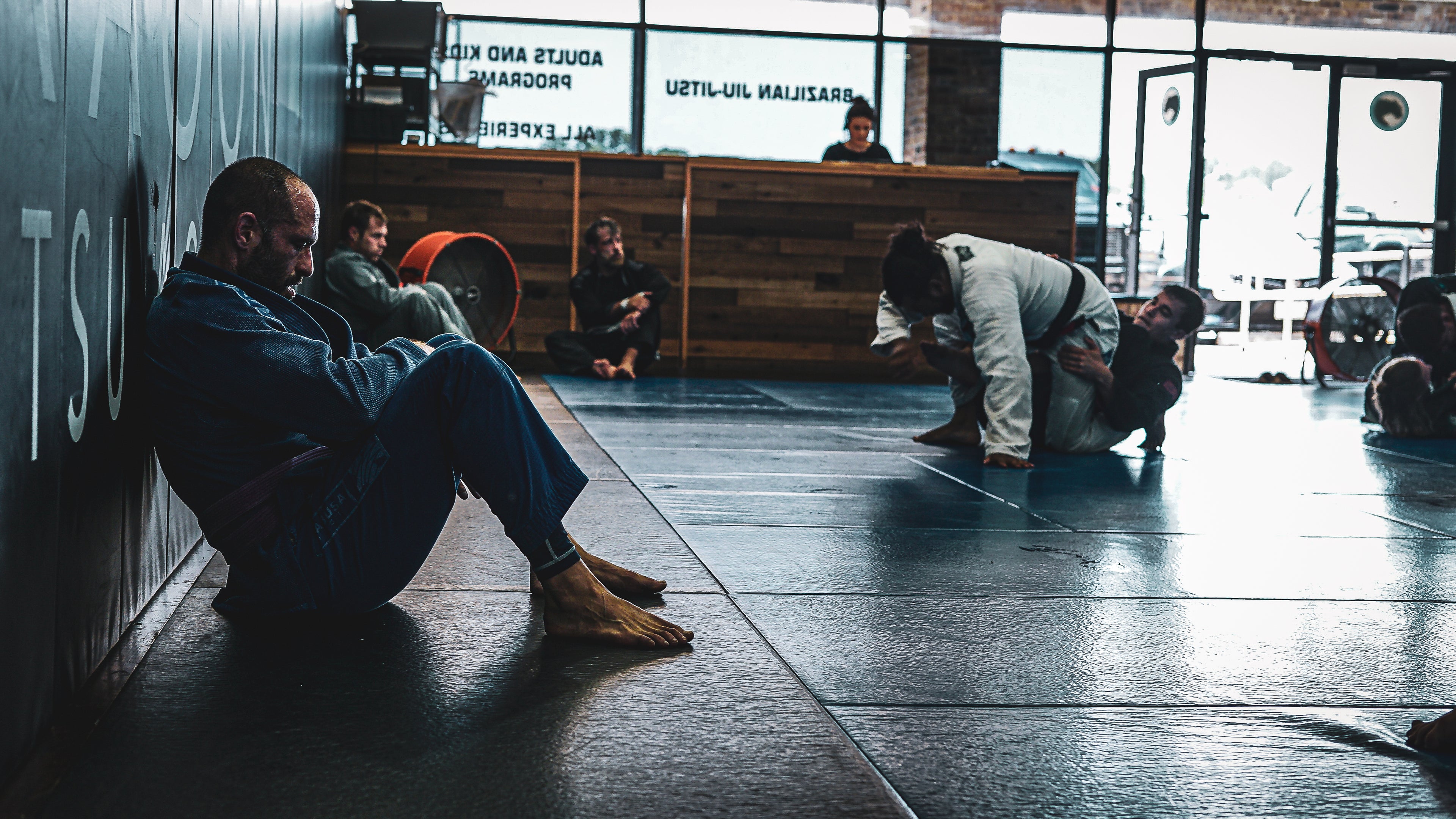
The 3 R's of Recovery

Roman Mori is a brown belt in Brazilian Jiu-Jitsu under the legendary John Danaher and the cofounder of Choju. A former U.S. Army Ranger and IBJJF Worlds medalist, Roman brings over a decade of experience in strength, conditioning, and performance coaching.
Recovery isn't complicated, but most people get it wrong.
Here's what actually matters post-workout and how you can maximize your training sessions.
#1. Rehydrate with Electrolytes
Replacing fluid loss during and post exercise is crucial when it comes to overall performance + recovery.
If you really wanna nerd out…Weigh yourself before training to understand how much fluid you're actually losing during a session. Lost two pounds? That's roughly two liters you need to replace.
As a general rule of thumb:
Post-workout, you should be adding electrolytes to your fluids.
I personally use Choju’s Restore which is an electrolyte + amino acid blend that helps replenish electrolyte levels while also kickstarting the recovery process with all 9 essential amino acids.
(Shameless plug: You can use the code ROMAN for 25% off your next order)
Now when it comes to electrolytes - sodium is the most important, and a general target is around 500mg per liter lost.
But you don't need to get all your sodium from drinks.
You should also be eating a meal immediately after training, and that meal should be salted.
#2. Replenish with Carbohydrates
This is the most overlooked part of recovery, and it's probably the most important.
Carbohydrates refill your glycogen stores. Skip this, and your performance suffers the next day. It's not mysterious—it's simple physiology.
Within three hours post-training, aim to replace estimated calories burned with carbohydrates. Burned 400 calories? Eat 100 grams of carbs.
This window matters because your body is primed to absorb nutrients efficiently. Miss it, and you're leaving performance on the table.
Keep protein moderate in this meal and fats low to zero. This speeds up digestion and nutrient uptake. Post-training you NEED to prioritize carbs and make sure to salt your food.
#3. Rest
Rest means doing less, not more.
And no, there is no such thing as “recovery exercises” . They're adding fatigue.
With that being said - if there are some recovery modalities that make you feel good… Fine, enjoy them. But they're not doing what you think they're doing physiologically and don’t complain when your performance suffers.
I can’t believe I have to say this, but below are examples of actual recovery activities:
- Sitting down
- Relaxing
- Laying down
- Lowering stress
- Sleeping
If it’s not one of those things… It probably isn’t supporting your recovery.
So remember: Recovery isn't another workout. It's your body rebuilding itself when you're not asking it to do anything. If you're training hard multiple times per week, you don't need more stimulus. You need less.
Closing Thoughts
Recovery requires three things done consistently:
Rehydrate with fluid and electrolytes
Replenish glycogen within three hours with carbohydrates
Rest by actually resting
Do these things, and you'll show up ready to train. Skip them, and you'll feel it.
That's it.
Brought To You By Choju - The #1 Recovery Supplement
Choju
Choju Restore
Share
